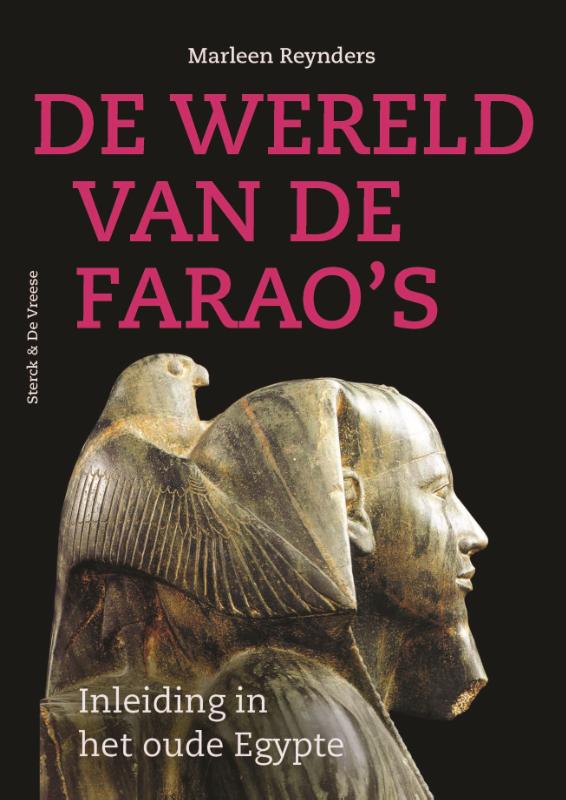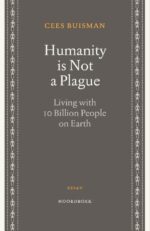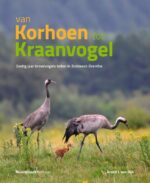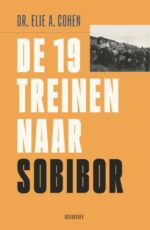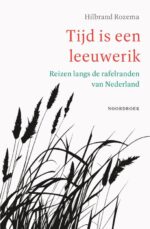De wereld van de farao’s
€ 39,90
Wie Egypte zegt denkt meteen aan de schitterende dodenmaskers van Toetanchamon, de mysterieuze sfinx van Giza of de prachtige tempels van Karnak en Luxor.
Marleen Reynders schetst in overzichtelijke hoofdstukken de lange geschiedenis van dit vruchtbare land aan de Nijl. Ze start bij de Nijl, het groene lint dat het land vruchtbaar maakte. Daarna passeren farao’s de revue met focus op enkele markante figuren zoals Hatsjepsoet, de vrouwelijke farao met baard; Achnaton, de excentrieke zonnekoning; Ramses II, de grote en natuurlijk ‘femme fatale’ Kleopatra. Om de Egyptische cultuur echt te begrijpen is inzicht nodig in de wereld
van goden en tempels maar ook in de dodencultus en het diepe verlangen naar onsterfelijkheid. De dood als centraal thema meandert door alle hoofdstukken. Een dodencultus die prachtige kunst voortbracht, gerealiseerd door duizenden werklieden, schrijvers, steenhouwers. Tot op vandaag vergapen we ons aan al die archeologische vondsten.
Marleen Reynders studeerde Egyptologie aan de KU Leuven. Met veel kennis leidt ze al jaren reizigers langs faraonische parels en verhalen. Ze is auteur van verschillende boeken over het oude Egypte.
Gerelateerde boeken
-
Humanity is Not a Plague
€ 19,90In ‘Humanity is Not a Plague’, Cees Buisman argues that it is possible for 10 billion people to exist together on this Earth – as predicted for the year 2100 – provided that the richer part of the world no longer merely focuses on its own health, prosperity and happiness, and instead starts working seriously on developing a higher consciousness.
In this essay, Buisman sharply analyzes some of the problems facing mankind, such as fresh water shortages, whilst overturning several clichés and offering unexpected, positive solutions. Overpopulation is not the problem; the effects of our actions on the rest of the world have a much greater impact. ‘Back to nature’ is not the solution, nor is an overreliance on science and innovation. Large-scale technologies could even increase our problems. It seems that the growth of humanity will depend on the growth of our consciousness.
Cees Buisman studied water purification engineering, in addition to business administration, communication theory and applied integral psychology. Throughout his life he has worked on new environmental technologies, which are used in industry all over the world. His scientific work is highly cited. Buisman is the Director of Wetsus – European Center for Sustainable Water Technology, and Professor at Wageningen University, in the Netherlands.
-
-
